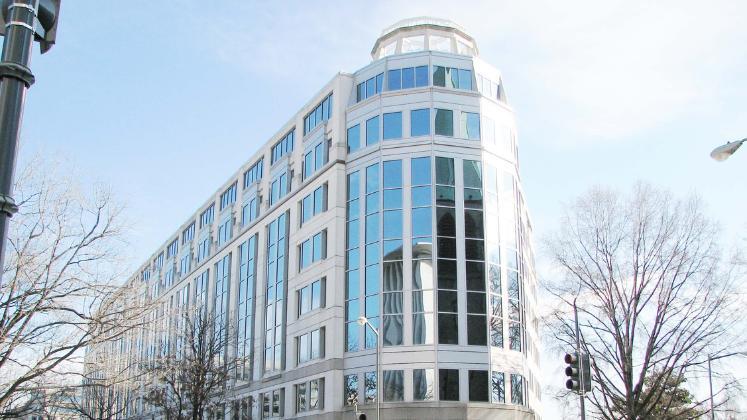
The United States International Trade Commission (USITC) will hold a hearing involving Bangladesh to look into whether unfavorable competition contributed to the recent increase in the cost of apparel imported from Bangladesh.
According to the USITC, the average price that the US paid for apparel originating from different countries was recently surpassed by the amount that the US paid for each unit of Bangladeshi garments. This led the organization to initiate an inquiry to see whether any instances of anti-competitive behavior occurred.
According to its website, the USITC is an impartial, quasi-judicial federal organization that is independent and carries out several trade-related tasks.
Faruque Hassan, president of the Bangladesh Garment Manufacturers and Exporters Association (BGMEA), will virtually attend the hearing on 11th March.
According to him, the major reason for the price increase was that American apparel makers and retailers made modifications to offset higher raw material and transportation costs during and after the pandemic.
The price per unit has been rising at a moderate pace since 2017 while that offered by China has been declined, the BGMEA chief added. The unit price offered by Bangladesh is currently US$3.23, compared to US$1.86 and US$2.95 for China and Pakistan, he said.
According to him, Bangladesh’s average price level is significantly higher than the average import price per unit paid by the US globally, despite the country still producing primarily basic goods.
Hassan highlighted that current geopolitical tensions have made matters worse for already insecure global supplies as well as the dynamics of demand for diesel, leading to record price increases.
“In recent years, our cost of production has gone up exorbitantly. “The price of electricity has risen by 25 percent, gas by 286.5 percent, diesel by 68 percent, and similar impacts on transport and other factors are notable,” he stated.
Inflation has pushed the cost of finance further up, leading to increased costs of production and costs of goods, he added. Also, bank charges and municipality and city corporation fees, including different registration and certification fees, have increased significantly, added Hassan.
According to him, the sector has spent millions of dollars cleaning up plants over the last ten years and is continuously making investments in resource efficiency, greener production, and reducing emissions to comply with new due diligence regulations. He hopes that the USITC would look at the big picture rather than just competition based on cost and efficiency.
At the same time, drawbacks such as local raw materials scarcity and absence of foreign direct investment in this industry also need to be taken into account, the BGMEA chief added.
